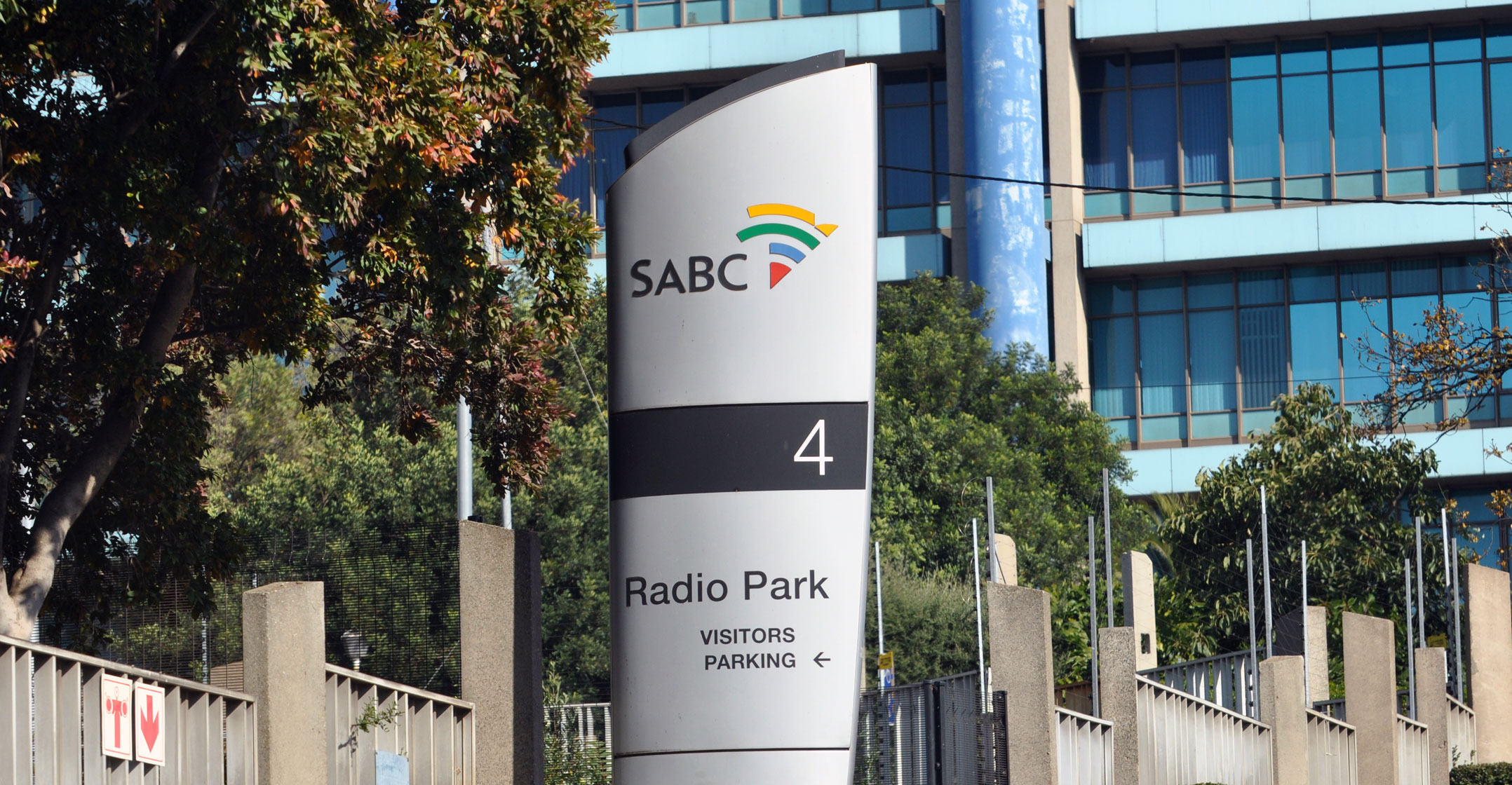 A headline yesterday somewhere else on the Internet screamed something about the SABC wanting to launch a streaming service to tackle Netflix.
A headline yesterday somewhere else on the Internet screamed something about the SABC wanting to launch a streaming service to tackle Netflix.
It was click-bait, designed to elicit howls of derision from the South African public about the long-dysfunctional public broadcaster — which, of course, it duly did. How could our useless public broadcaster take on a formidable, well-oiled machine like Netflix? Click, click, click…
But it is not the SABC’s intention to compete with the US giant in subscription streaming services.
Rather, it wants to make its free-to-air content available to viewers using its own technology platform. It’s a smart move by SABC management that deserves more praise than scorn. Let me explain.
What CEO Madoda Mxakwe actually said in a presentation this week — according to prepared remarks first reported on by TechCentral — was that the SABC wants to offer all its content on its own video-streaming platform.
“The SABC has developed an integrated OTT (“over-the-top”) strategy with the aim that it develops or acquires its own OTT streaming platform as a medium-term goal,” he said. “This will allow the SABC to control its own destiny into the future. Previous funding challenges and an inquorate board for over five months this year has slowed us down but not stopped our OTT plans.”
The broadcaster, Mxakwe said, will “leverage online platforms to allow customers to access SABC content and services anywhere, anytime and on any device”.
Through the ringer
That the SABC has been through the ringer in the past decade is well known. Under the “leadership” of previous chief operating officer Hlaudi Motsoeneng and others at the corporation, it lost viewers, cut back on original content and made inexcusable blunders that plunged into a financial crisis that culminated earlier this month in a taxpayer-funded bailout.
These problems were not caused by the current board and management under Mxakwe’s leadership, who, by all accounts, are doing a reasonable job in trying rescue the institution from years of abuse.
Indeed, SABC management would be failing in its duty if it ignored Internet streaming — after all, it is the future of video entertainment, even for a lumbering state-owned broadcaster. In 10 years, it’s fair to assume most people in South Africa will be consuming television content delivered over the Internet, not through traditional broadcast networks. It will probably happen sooner than that!

Right now, the SABC publishes a large portion of its programming to Google-owned YouTube. And this may come as a surprise, but this content is consumed on an eye-watering scale. An episode of the popular TV show Uzalo, published two days prior to the time of this writing, for example, has been viewed more than 115 000 times. A Generations episode from three days ago has been viewed more than 200 000 times. The demand is clearly there.
These figures are particularly astonishing given that these shows are aimed at a mass-market audience, so are probably mostly consumed using relatively expensive mobile data plans, not uncapped fixed-line connections. It shows that consumers, even in the mass market where affordability is an issue, want the convenience of being able to watch content, on demand, from wherever they happen to be — not be restricted by the time schedule of linear broadcasts. If mobile data was more affordable, the YouTube numbers would be even more impressive.
In his speech, Mxakwe acknowledged that the cost of data is a major barrier for many viewers, some of whom are among the poorest in the country. He said the SABC has no intention of abandoning its traditional broadcast platforms and will approach the mobile operators with a view to reducing the cost of accessing SABC content on the Internet. Good luck with that, but it’s worth a shot!
The point, though, is that the SABC’s content — despite programming budget cutbacks — is still in demand. And it would make much more sense for the broadcaster to publish this programming on its own streaming platform, where it can better monetise it than it does on YouTube, which no doubt takes a not-insignificant cut of any advertising served against that content.
By all means, let’s criticise the SABC when it makes mistakes — and, to be sure, it’s made plenty in the past. A desire to launch an online streaming platform is not one of them. — © 2019 NewsCentral Media
- Duncan McLeod is editor of TechCentral



